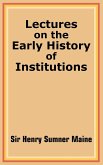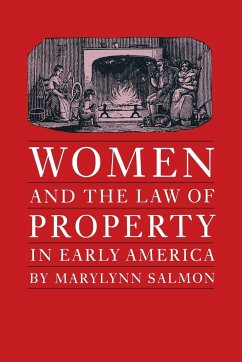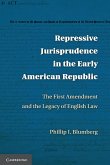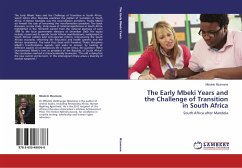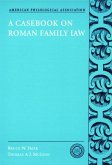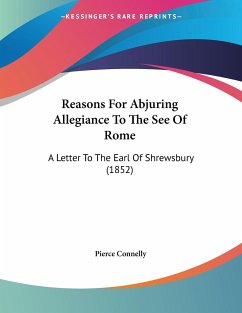Launspach, a barrister and member of the Inner Temple, argues that in its "infancy and adolescence" early Rome was "a conscious imitation of the ancient Gens or ancient Family, that its theory of government was founded upon the relations existing between kinsmen, and that these again, were determined by religious notions which later became transformed through developments with the City and external influences" (Foreword, v). Consequently, the early state was neither a democracy nor an autocracy. When expansion and internal change drew the Roman commonwealth away from its familial roots, the underlying assumptions that had bound the state fragmented and the constitutional order was gradually supplanted by more authoritarian structures. xx, 288 pp.
Hinweis: Dieser Artikel kann nur an eine deutsche Lieferadresse ausgeliefert werden.
Hinweis: Dieser Artikel kann nur an eine deutsche Lieferadresse ausgeliefert werden.

![State and Family in Early Rome [1908] - Launspach, Charles W. L. State and Family in Early Rome [1908] - Launspach, Charles W. L.](https://bilder.buecher.de/produkte/63/63423/63423069n.jpg)
